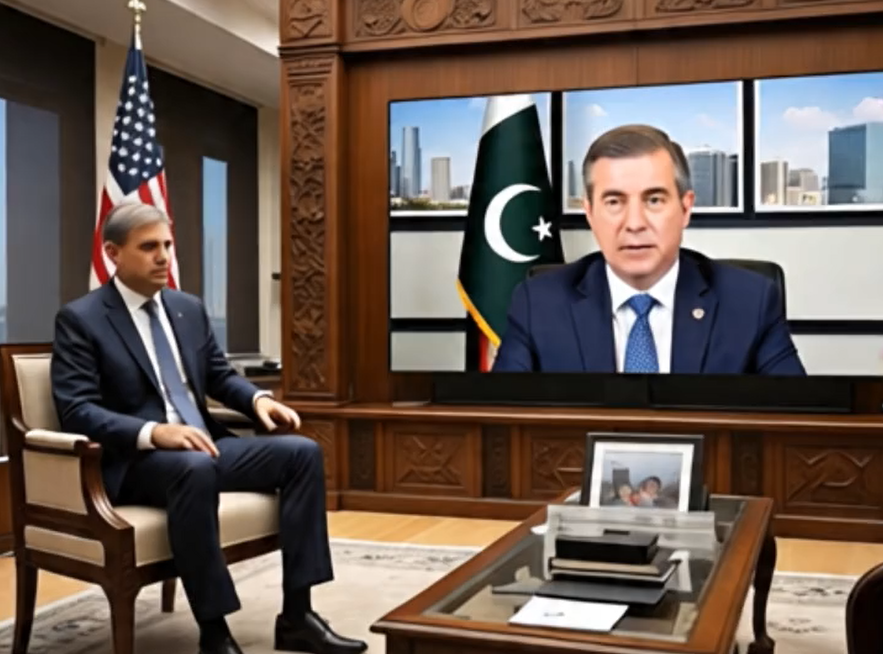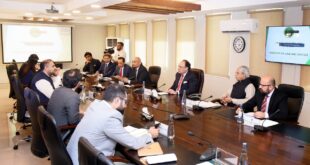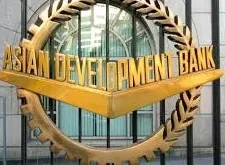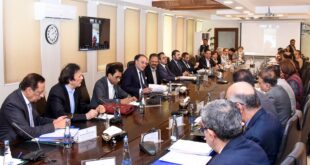
Pakistan’s formal negotiations on US Reciprocal tariffs kick-started between Muhammad Aurangzeb, Pakistan’s Finance Minister and Ambassador Jamieson Greer, United States Trade Representative through a telephonic/conference call on Friday.
The two sides exchanged their view point through a constructive engagement with the understanding that technical level detailed discussions would follow in the coming few weeks, said an official statement of the Finance Ministry.
Both sides expressed confidence in advancing these negotiations for successful conclusion at the earliest.
The talks are understood to be focused on addressing concerns that could lead to the imposition of reciprocal tariffs by the US. This development follows earlier indications of a potential 29% US reciprocal tariff on Pakistani goods, a measure that was reportedly suspended for a 90-day period to allow for negotiations.
The United States is a significant trading partner for Pakistan and its largest single-country export destination, with Pakistani exports to the US totaling approximately $5.1 billion in 2024, according to US government data. US goods exports to Pakistan were around $2.1 billion in the same year, resulting in a trade surplus of roughly $3 billion in favor of Pakistan. This trade imbalance has been a point of discussion in bilateral trade dialogues.
Ambassador Jamieson Greer, recently confirmed as the USTR, served in the previous Trump administration and is known for supporting a trade policy aimed at addressing trade deficits and what are perceived as unfair trade practices. The concept of “reciprocal” tariffs aligns with this approach, seeking to impose similar levels of tariffs on a trading partner as the US faces for its exports to that country.
Pakistan’s Finance Minister, Muhammad Aurangzeb, has publicly stated Pakistan’s desire to address the trade imbalance with the US. He has indicated a willingness to explore options such as increasing imports of US goods, including agricultural products like cotton and soybeans, and addressing any non-tariff barriers that US products might face in Pakistan. Aurangzeb has expressed optimism about finding a mutually beneficial solution and averting the imposition of potentially damaging tariffs.
Recent high-level discussions between US and Pakistani officials have reaffirmed a commitment to strengthening economic ties. However, the prospect of new US tariffs has been a concern for Pakistani exporters, particularly in the textile sector, which forms a major portion of Pakistan’s exports to the American market. Reports from earlier in 2025 suggested that a 29% reciprocal tariff could significantly impact Pakistan’s exports to the US, potentially reducing them by $1.1 to $1.4 billion annually.
The initiation of these formal negotiations suggests a proactive approach from both sides to find common ground. The discussions are expected to delve into the specifics of tariff structures, market access issues, and broader trade facilitation measures. The “constructive engagement” reported during the initial call, with plans for detailed technical-level discussions in the coming weeks, indicates a structured path forward.
This dialogue occurs at a time when Pakistan is actively seeking to stabilize its economy and boost its foreign exchange reserves. A favorable outcome from these trade negotiations is crucial for maintaining and enhancing access to one of its key export markets. For the United States, these talks are part of a broader trade agenda focused on ensuring what it terms “fair and reciprocal” trade relationships globally.
 BeNewz
BeNewz




